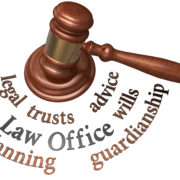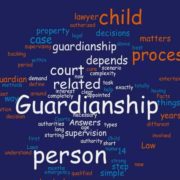Qualified Personal Residence Trusts
Cleveland, Ohio, estate planning lawyer, Daniel A. Baron, Ohio, offers the following information on whether a Qualified Personal Residence Trust should be part of your comprehensive estate planning.
For wealthier families, a great tool to manage your future tax savings would be to transfer the liability of owning a property for which you may end up paying estate taxes on, to a Qualified Personal Residence Trust, or QPRT.
In 2017 the gift exemption was set at $5.49 million, therefore, creating a QPRT permits you to make better use of this exemption. This allows anyone with a substantial estate and the likelihood of facing future transfer taxes, the opportunity to place a residence, be it a primary home, a secondary home, lake, mountain, or ocean side getaway, in a QPRT. Transferring of this property is a lifetime transfer of residence in exchange for a rent free use of the home for the entire term of the trust. Should the grantor survive the term of the trust, the property can either remain in the trust for the benefit of the beneficiaries or transfer outright to the beneficiaries. Either way, successfully establishing a QPRT reduces the gift tax or estate tax cost.
You must keep in mind that this a federal tax exemption and some states may still impose a tax on the value of the property, but it still remains a great tool to maximize your estate taxes upon your passing.
Frequently asked Questions:
- When should I utilize a QPRT
- What requirements need to be met to qualify a property for the QPRT tax reduction
- Does a mortgage impact the QPRT transfer
- Are there any tax consequences connected with a QPRT
To see whether or not a Qualified Personal Residence Trust is the right estate tax savings plan for you, contact an experienced Estate Planning lawyer. Contact Daniel A. Baron of Baron Law today at 216-573-3723 to answer any questions you may have on a QPRT or any other trust. We welcome the opportunity to work with you recommending the best solution for your needs.
Helping You and Your Loved Ones Plan for the Future














